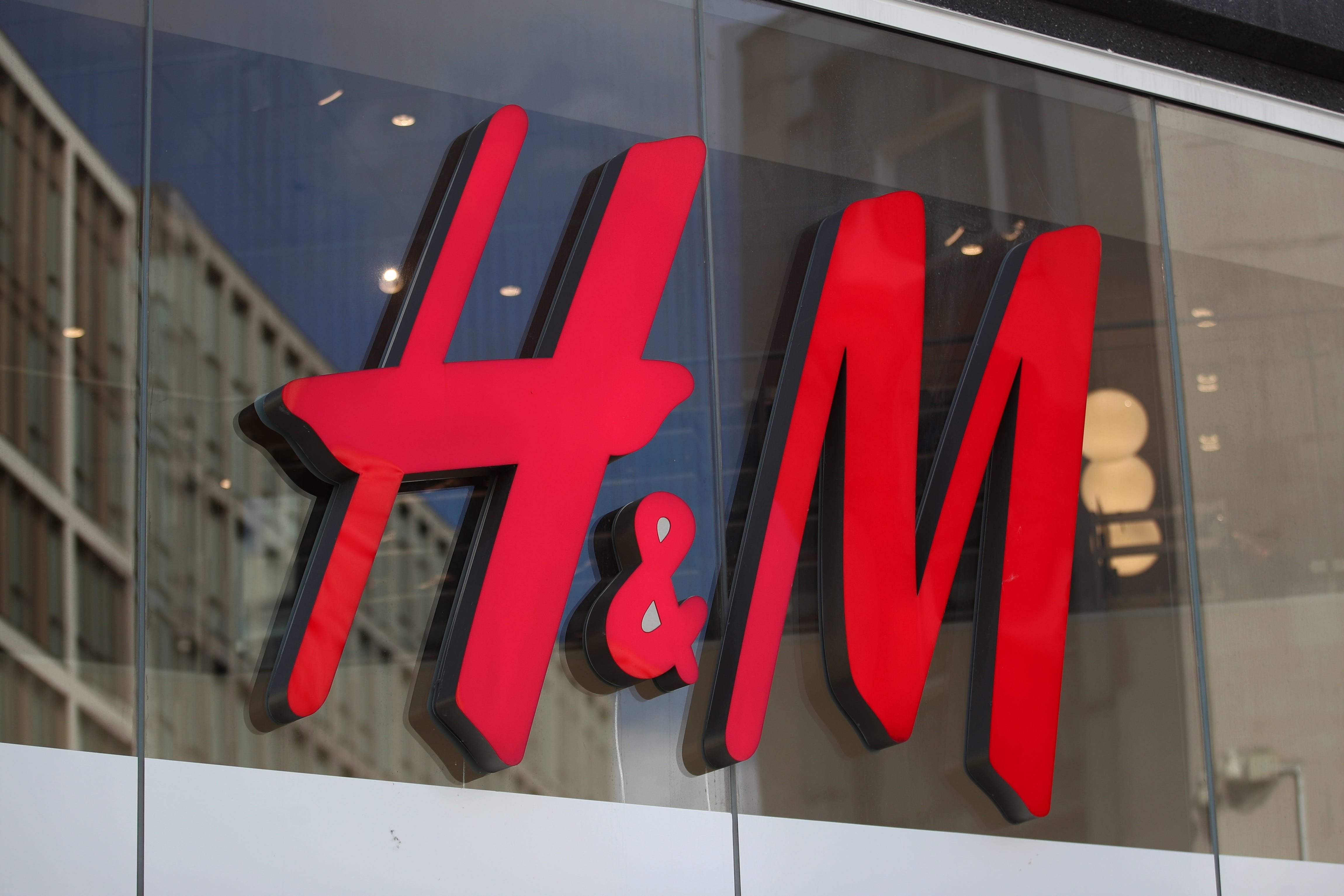Fashion giant H&M has reported stronger-than-expected profits after aggressive cost-cutting measures, which include further store closures.
The Swedish clothing giant confirmed on Wednesday that it has closed 135 stores over the past nine months, with further closures expected in the current quarter.
The majority of closures took place in Asia, Oceania and Africa, while 21 affected locations were in Western Europe.
H&M and Monki branded stores were particularly impacted.
The store overhaul is part of efforts by the retail firm to improve its profitability by reducing its costs.
H&M reported operating profits of 4.91 billion Swedish krona (£390 million) for the quarter to the end of August, rising from 3.51 billion krona (£280 million) a year earlier.

It was significantly above analyst predictions and represented an increase after declines in the two previous quarters.
Boss Daniel Erver said the business is “taking further steps in the right direction” but highlighted that customers are still “cautious” in the face of wider economic uncertainty.
The retailer saw sales grow by 2 per cent in the latest quarter to 57 billion krona (£4.51 billion) despite the reduction in store numbers.
Bosses added that it has seen a positive reaction to its autumn clothing lines this quarter.
Mr Erver said: “Through a stronger customer offering, an improved gross margin and good cost control, we have strengthened operating profit compared with the same quarter last year.
“The increase in profit shows that we are on the right track as a result of the progress we have made in our plan.
“In an environment of ongoing uncertainty with cautious consumers, all of us within the H&M group are consistently focusing on our customer offering – always giving the best value for money.
“Our strong culture, together with good cost control and flexibility, allows us to continue building a stable foundation for long-term, profitable and sustainable growth in an increasingly complex environment, while taking additional important steps towards our ambitious sustainability goals.”


.png?width=1200&height=800&crop=1200:800)
